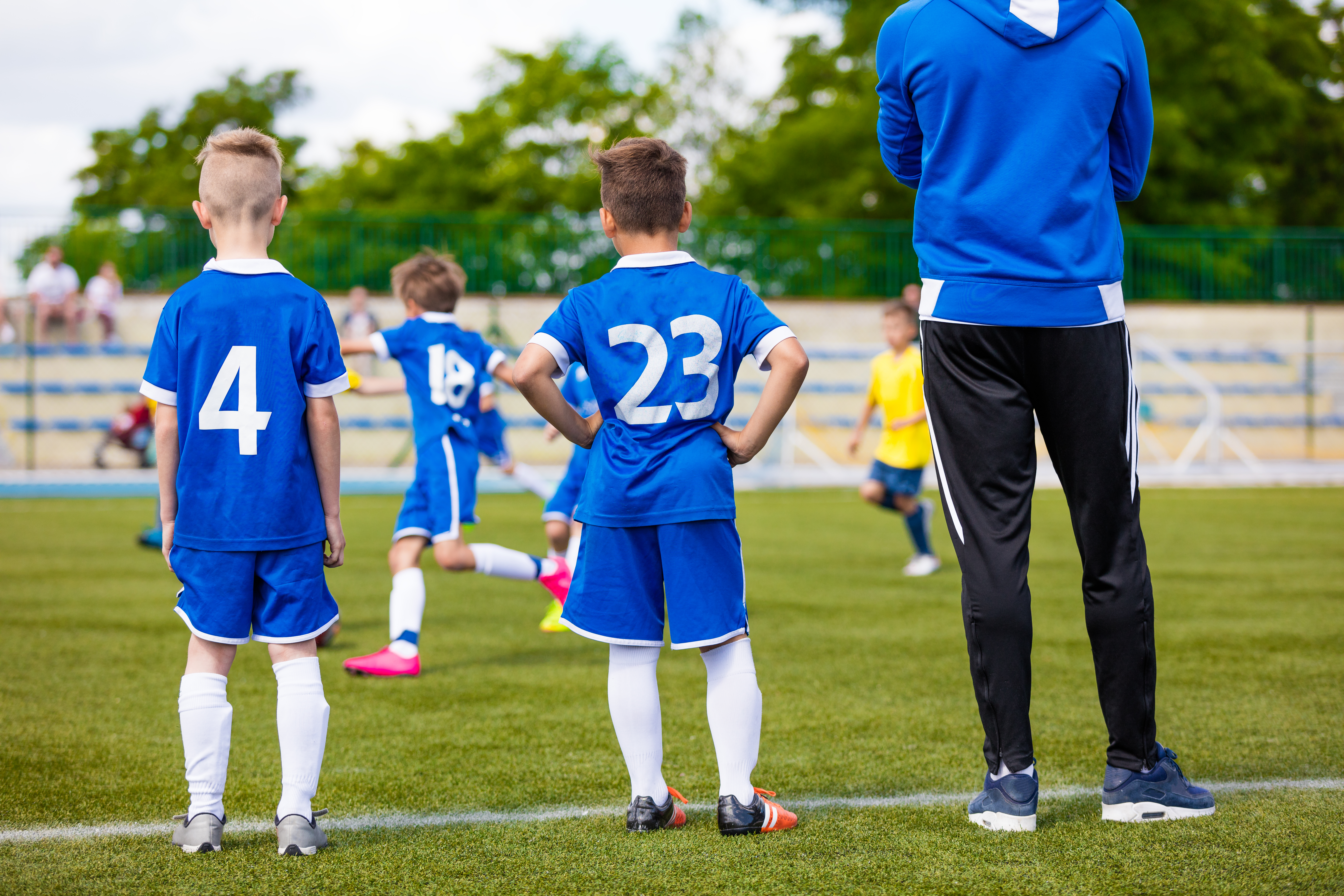The first international study of homophobia in sport has found that the school environment is one of the most important factors in addressing homophobia in sports. The Out on the Fields study (the Study) investigates the experience of young people in sporting teams, and has confirmed that homophobia is rife. With the recent imposition of a $20,000 fine against a rugby union player for using a homophobic slur, it is clear that more modern standards have begun to prevail.
About the Study
The Study is an initiative of organisers of the 2014 Bingham Cup, the 'world cup of gay rugby' that was held in Sydney. A panel of experts from universities in the USA, UK, Canada and Australia provided guidance for the research. The study surveyed 9,494 participants, mainly from the USA, UK, Australia, Canada, Ireland and New Zealand. It included lesbian, gay and bisexual (LGB) people, as well as straight people.
Attitudes are forged in school
One of the central findings of the Study was that the school experience is one of the most formative factors in determining whether young people play, and will go on to participate in sports. The report notes that people are more likely to engage in team sports when they are young. It can be further noted, without controversy, that school environments give young people the opportunity to try a range of different sports. The Study goes on to say that research has shown that people who participate in sport in their youth are more likely to be active later in life, which leads to social and health benefits.
It's clear then, that barriers to participation in sports for LGB people prevent them from achieving their full potential.
The key statistics are that:
- 73% of respondents believe youth sport is not safe and welcoming for LGB people;
- 54% of gay men felt they were 'not at all accepted' in sport, whilst 36% of lesbians also felt this way;
- more than 1 in 4 (27%) of gay men said they did not participate in youth team sports; and
- of those 27%, 44% said negative experiences in the school PE class turned them off, and 33% feared rejection because of their sexuality.
The PE class
One in five (21%) participants said that school Physical Education (PE) classes were the most likely homophobic sporting environment. Surprisingly, this was the opinion of both participants under 22 years old and participants over 22 years old. This is consistent with previous research, which found that PE classes were 'unsafe' places for young same-sex attracted and gender diverse youth. As a result, the Study advocates that PE teachers should be provided with more training on supporting and protecting LGB young people.
The key recommendations
Both the participants and researchers were asked to give what they thought would be the most effective recommendations for addressing homophobia in sports. Tellingly, they were:
Participants:
- start early with schools; coaches and parents need to take homophobia and bullying seriously in sporting environments;
- national sporting organisations need to adopt and promote clear anti-homophobia and LGB inclusion policies for professional and amateur players; and
- LGB professional sporting stars need to come out of the closet to set an example.
Researchers:
- in many parts of the world PE teachers receive no training about homophobia or supporting LGB athletes. Coaches, PE teachers and sport officials should be required to undertake mandatory training on how best to support LGB athletes and create positive environments that promote success in youth sport;
- sporting organisations, schools and teams should adopt a zero tolerance for players and fans who engage in homophobic behaviour;
- LGB athletes struggling with their sexuality need some form of specifically tailored support, ideally from peers;
- straight athletes at all levels of sport should be encouraged to be an ally and supporter of anyone struggling with their sexuality; and
- more research needs to be conducted on the most effective ways to change behaviour within sport and ways to ensure LGB athletes feel welcome to participate in team sports.
Homophobia in sports
The issue of homophobia in sports has also been addressed from a top-down perspective. The Anti-Homophobia Framework (the Framework) has been signed by the CEOs of the Australian Rugby Union, Football Federation Australia, Cricket Australia, the National Rugby League and the Australian Football League. The Framework is designed to set the parameters in which anti-homophobia policies are developed, sanctions imposed, and training provided. It represents a major statement about accepted values in sport in Australia.
Two other resources - You Can Play and Play by the Rules provide some resources for schools and sporting clubs to tackle the issue of homophobia.
Conclusion
The statistic that only 1% of participants believe that LGB people were 'completely accepted' in sporting culture is enough to give pause to educators. Homophobia is a barrier to participation for many young people. This at least means that many are not achieving their full potential. But it also means that young LGB people are being marginalised, and missing out on the benefits of participation in sport, socialising in mainstream groups and being accepted as equals.
The entire report is worth considering. For the schools where these formative experiences take place, it provides useful context for the experiences of young LGB people who may often not put their hands up to get involved in sports. One only needs to look to the achievements of Australia's greatest olympian to see the importance of the full participation of young people in sports.
Is it time for formal training and support for LGB people in PE classes?


.png)
